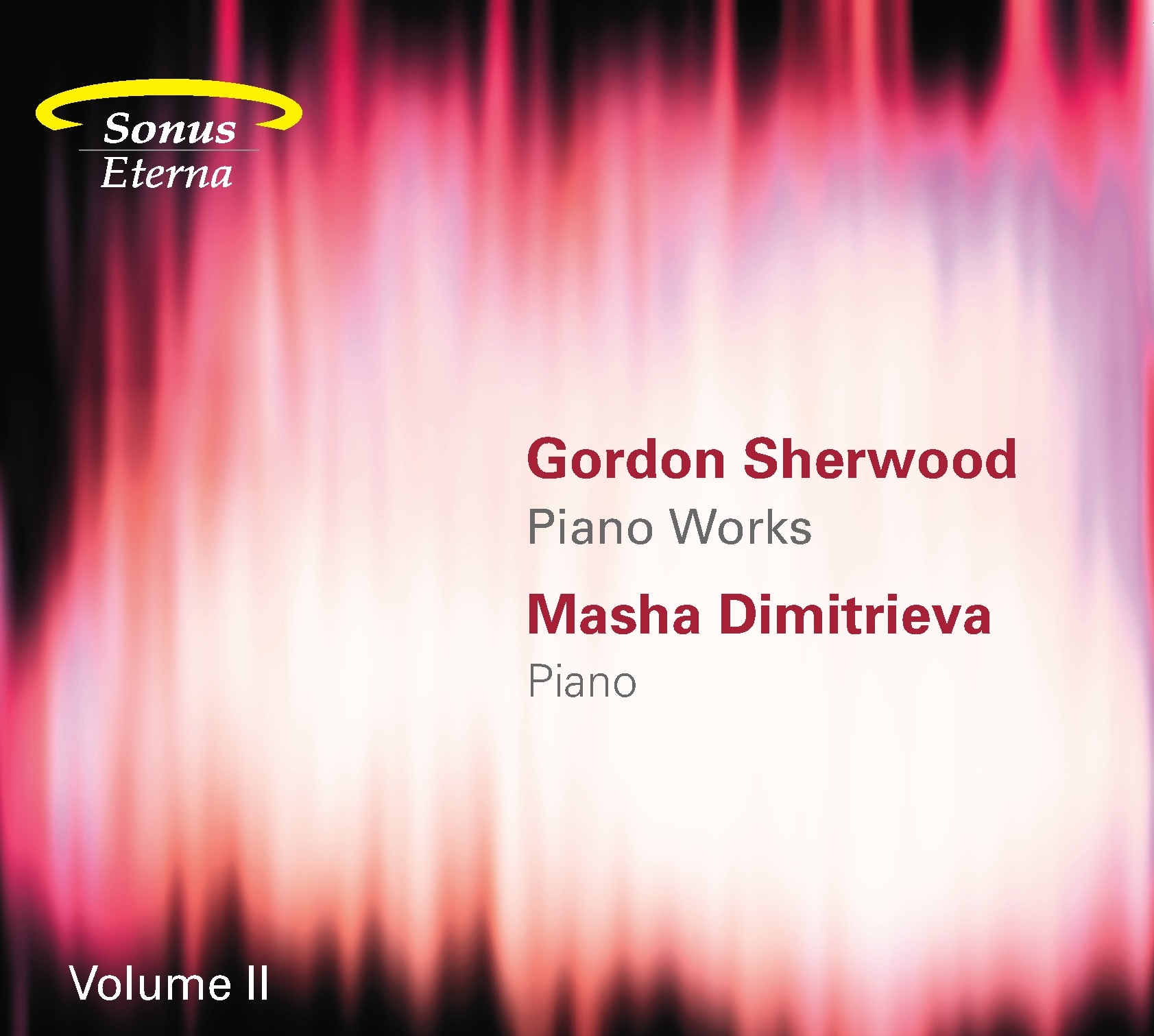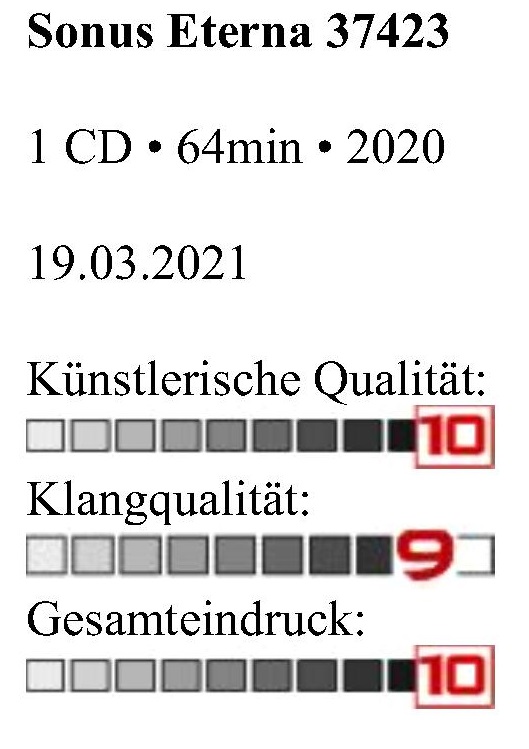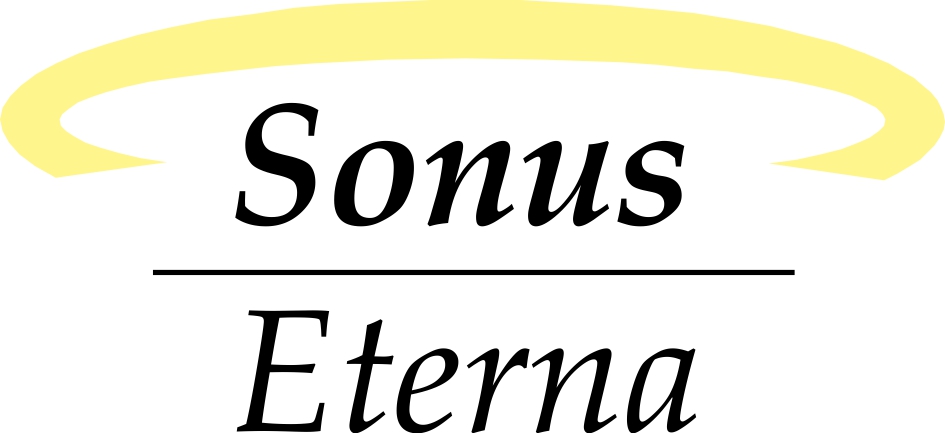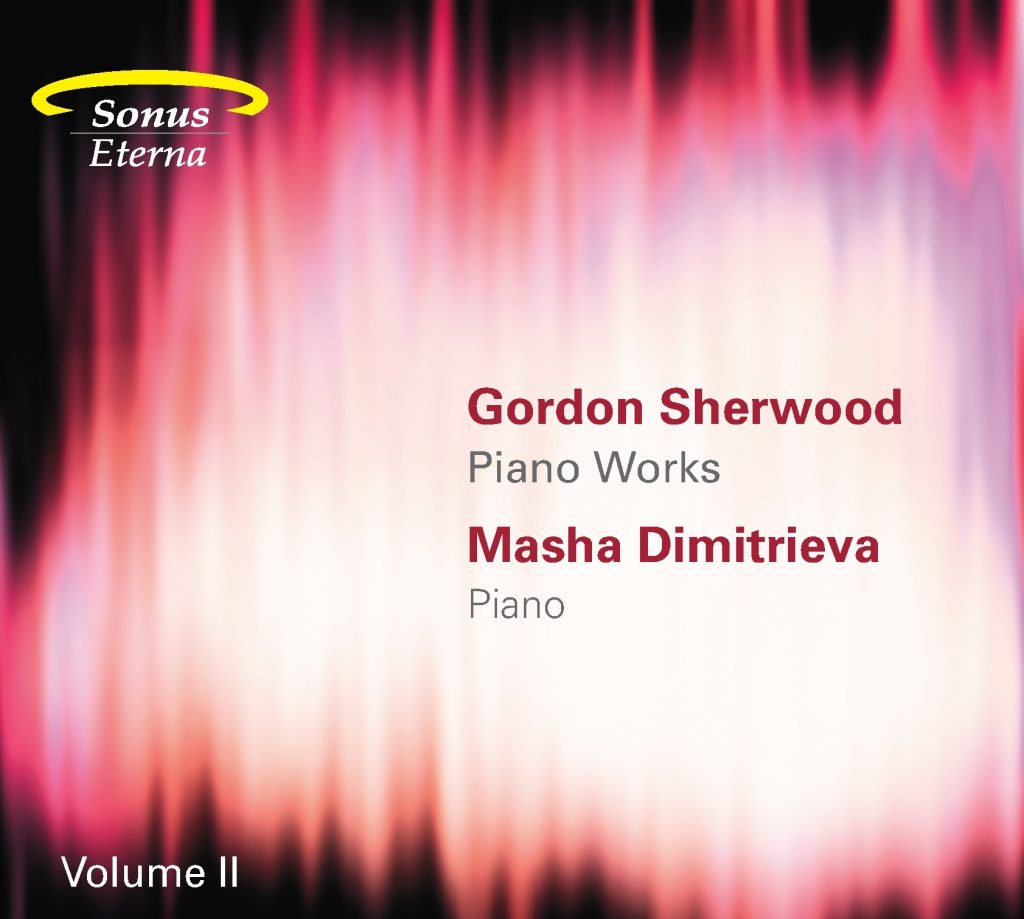

He was a phenomenon, a musical solitaire, an exceptional phenomenon and also an original: Gordon Sherwood. The American composer had the best prospects of a fast-paced career, but instead he opted for a restless life. First with his wife in Africa, then alone in Asia and finally as a beggar in Paris with stopovers in Costa Rica and England. He spent his last years in a diaconal institution in Herzogsägmühle, Bavaria, where he died in 2013. Here he had found a new home, not least through the efforts of the Ingolstadt pianist Masha Dimitrieva, who – musically and legally – acts as Sherwood’s executor. Her label Sonus Eterna and cpo are currently releasing recordings of Sherwood’s works, with Dimitrieva taking on the piano works herself. This second set of piano works shows the breadth of Sherwood’s style. This ranges from post-impressionist sound play à la Debussy in an Air from the Seven Descriptive Piano Pieces op. 6 to style copies in the classical style à la Mozart and Haydn in two Rondos op. 4 to Sherwood’s own highly original Sonata op. 122, influenced by Asian philosophy and Ludwig van Beethoven’s Sonata op. 111.
Musical chameleon
Classical modernism, with which the Copland pupil Sherwood was also familiar, is represented with the Three Pieces op. 22, and the blues, which was also an important source of inspiration for Sherwood, who was always musically and philosophically open-minded, also comes into its own with the Variations on a Blues Theme op. 33. This list alone makes it clear how versatile the musical chameleon Sherwood was. Nothing remained alien to him, and yet his unique style is more than the mere amalgamation of disparate stylistic currents. The Rondos op. 4, for example, composed after classical models, seem in their stylistics more like hyper-realistic concentrates of a basic stylistic principle. Sherwood takes Haydn and Mozart to the extreme here, so to speak, exaggerating them in such a way that the result is more classical than the classics themselves. He proceeds differently with Beethoven, whose Sonata op. 111 he has to a certain extent recomposed – albeit with his own musical means. Beethoven shimmers through here from time to time, formally and musically, but Sherwood clearly has the upper hand here. So does Masha Dimitrieva, who plays Sherwood’s works beautifully. She lends the two Rondos op. 4, for example, a classical lightness, and plays the Air from op. 6 with a subtle sense of sound. And even the heavyweights such as the almost half-hour-long Sonata op. 122 and the Blues Variations sound brilliantly and superiorly played here in every respect. Auf weitere Folgen der Sherwood-Reihe darf man also gespannt sein.
Guido Krawinkel [19 .03.2021]








